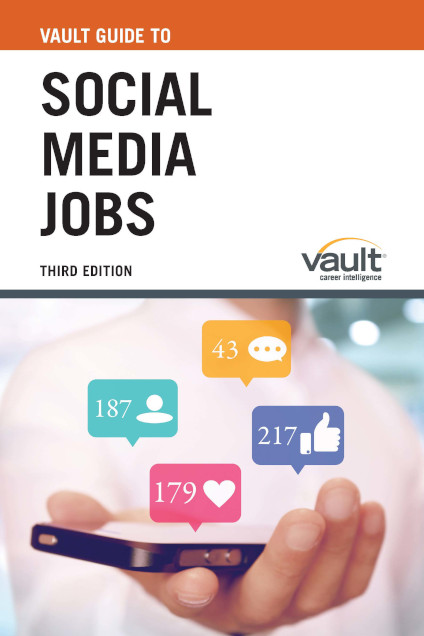Welcome to the dazzling universe of arts and entertainment, where creativity is the name of the game and every day is a masterpiece in the making!
The arts and entertainment industry encompasses a broad spectrum of creative endeavors, including visual arts, performing arts, music, film, television, literature, and digital media. It is characterized by the production, distribution, and consumption of artistic and cultural content that engages and entertains audiences. From galleries and theaters to recording studios and streaming platforms, this dynamic sector plays a central role in shaping culture, fostering creativity, and providing avenues for expression. With a focus on innovation, storytelling, and audience engagement, the industry thrives on collaboration among artists, producers, distributors, and consumers to bring captivating experiences to life.
Check out the 2023-2024 Industry Infographics for Entertainment & Consumer Product Industries here!
The UCLA Career Center is committed to providing information and resources for you to make an informed decision about your career. Below, you will find the following about various fields within the industry:
- Details about career pathways
- Key transferable skills relevant to entry-level positions in each industry
- Average compensation
- Entry level job titles to begin your search
You will also see details about majors that are most directly related to the industry. However, contrary to the idea that your major defines your career, your major is only one of the many components that will contribute to your post graduate aspirations. Your UCLA degree is designed to train you with transferrable skills that will make you marketable in a wide variety of industries and careers.
-
EntertainmentActive Listening: Giving full attention to what other people are saying, taking time to understand the points being made, asking questions as appropriate, and not interrupting at inappropriate times.
Critical Thinking: Using logic and reasoning to identify the strengths and weaknesses of alternative solutions, conclusions, or approaches to problems.
Monitoring: Monitoring/Assessing performance of yourself, other individuals, or organizations to make improvements or take corrective action.
Reading Comprehension: Understanding written sentences and paragraphs in work-related documents.
Communication: Talking to others to convey information effectively. -
TAB 2 TITLETAB 2 BODY
-
TAB 3 TITLETAB 3 BODY






















